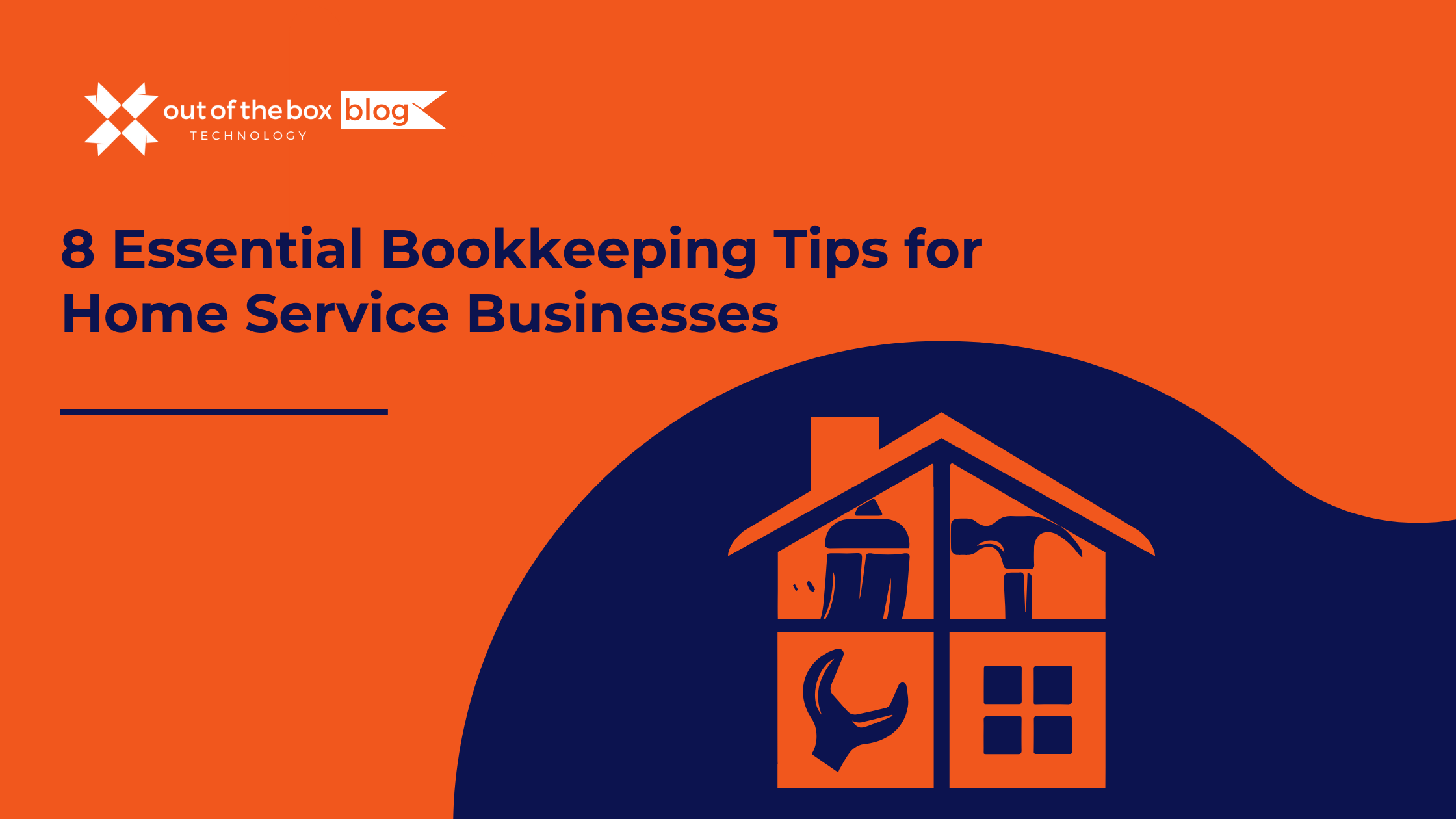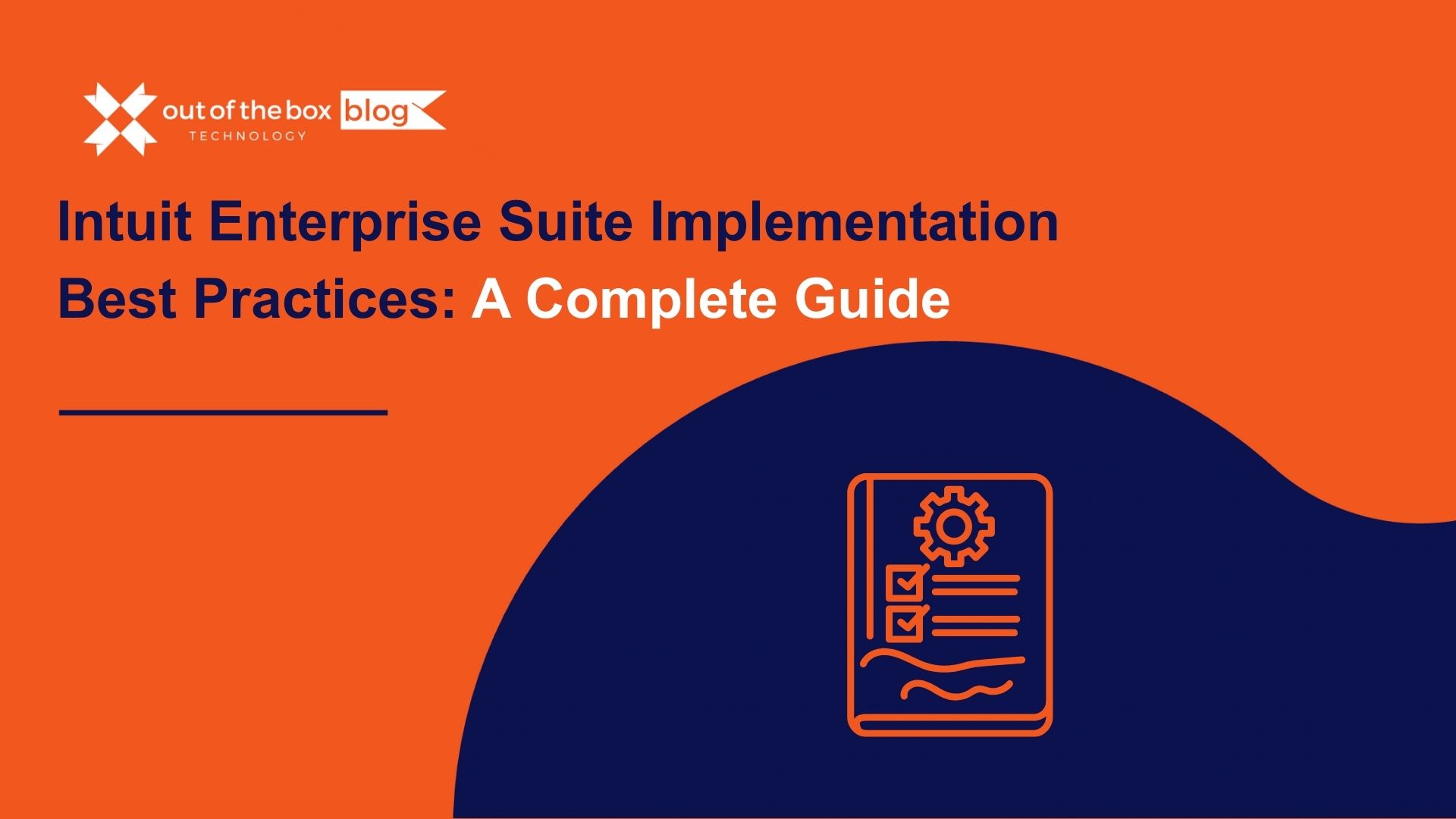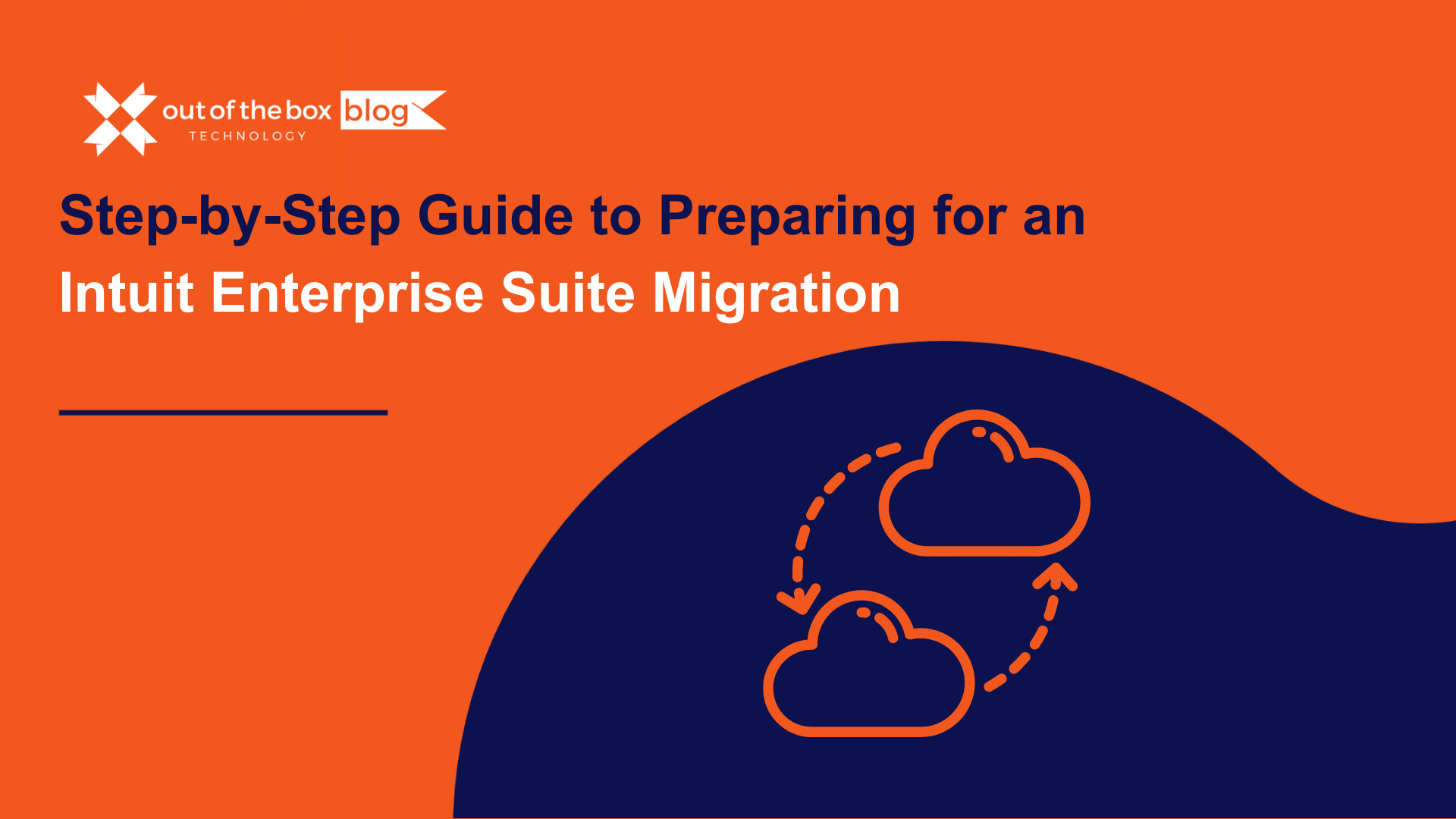Bookkeeping is the backbone of a successful home service business. Whether you’re running a plumbing company, an HVAC service, or a cleaning business, keeping track of your finances is essential for growth and stability. In fact, a study by the U.S. Bank found that 82% of small businesses fail due to poor cash flow management (U.S. Bank, 2023). To help home service entrepreneurs stay financially organized, we’ve compiled eight essential bookkeeping tips tailored to your industry.
1. Separate Personal and Business Finances
One of the most common mistakes small business owners make is mixing personal and business expenses. This can lead to confusion, inaccurate financial reports, and potential tax complications.
How to Do It:
- Open a dedicated business bank account and credit card.
- Use accounting software like QuickBooks or Xero to track expenses separately.
- Establish a clear reimbursement process if you ever need to use personal funds for business expenses.
Example: Sarah, a self-employed electrician, struggled with tracking deductible business expenses. Once she separated her accounts, she was able to deduct $5,000 more in expenses, saving her nearly $1,200 in taxes.
2. Choose the Right Bookkeeping Software
Manual bookkeeping methods can lead to costly errors. Choosing the right accounting software simplifies your workflow and helps automate essential tasks.
Best Options for Home Service Businesses:
- QuickBooks Online – Best for small businesses needing automation and invoicing.
- Jobber – Combines scheduling, invoicing, and bookkeeping for home service professionals.
- FreshBooks – Ideal for businesses that send invoices regularly.
Stat: According to Intuit, 84% of small business owners who use accounting software feel more confident in their finances (Intuit, 2022).
3. Track Income and Expenses Daily
Why it matters: Regular tracking prevents unexpected cash flow problems and ensures accurate financial reporting.
How to Stay Consistent:
- Set a daily or weekly time slot for updating records.
- Use a mobile app like Wave to track receipts in real-time.
- Automate bank feeds with your bookkeeping software.
Example: A landscaping company that reviewed expenses weekly found that they were overspending by $800 per month on supplies. By tracking daily, they cut wasteful spending and improved their bottom line.
4. Stay on Top of Invoicing and Payments
Late payments from customers can cause cash flow issues, affecting your ability to pay employees and vendors on time.
Tips for Faster Payments:
- Implement automated invoicing with due date reminders.
- Offer multiple payment options (credit card, ACH, mobile payments).
- Charge a late fee for overdue invoices to encourage timely payments.
Stat: Home service businesses that send digital invoices get paid 40% faster than those using paper-based billing (Forbes, 2023).
5. Categorize Expenses Correctly
Properly categorizing expenses ensures accurate tax deductions and prevents IRS audits.
Common Business Expense Categories:
- Supplies & Equipment – Tools, materials, uniforms.
- Vehicle Expenses – Gas, maintenance, insurance.
- Marketing & Advertising – Social media ads, website costs.
- Insurance & Licensing – Business insurance, permits.
Example: A plumbing business that miscategorized advertising expenses as “miscellaneous” lost $2,500 in tax deductions. After proper categorization, they reduced taxable income significantly.
6. Reconcile Bank Statements Monthly
Failing to reconcile accounts can lead to undetected fraud or errors.
How to Reconcile Effectively:
- Compare your bank statements with bookkeeping records.
- Investigate any discrepancies immediately.
- Use software with auto-reconciliation features to streamline the process.
Stat: Businesses that reconcile monthly reduce financial discrepancies by 65% (AccountingToday, 2022).
7. Set Aside Money for Taxes
Many home service business owners underestimate their tax liability, leading to IRS penalties.
Best Practices:
- Set aside 25-30% of income for taxes.
- Make quarterly estimated tax payments to avoid surprises.
- Work with a tax professional to maximize deductions.
Example: A cleaning business that didn’t set aside tax money faced $7,000 in penalties. After switching to automated savings for taxes, they avoided future issues.
8. Hire a Professional Bookkeeper
If bookkeeping takes too much time, outsourcing can help you focus on growing your business.
When to Consider Hiring a Bookkeeper:
- If bookkeeping takes more than 5 hours a week.
- If tax season is overwhelming.
- If financial reports are consistently inaccurate.
Stat: Businesses that work with professional bookkeepers see an 18% higher profit margin (SmallBizTrends, 2022).
Frequently Asked Questions (FAQs)
Q1: How often should I update my bookkeeping records?
A: Ideally, daily or weekly. Regular updates prevent errors and keep cash flow under control.
Q2: What’s the best bookkeeping software for home service businesses?
A: QuickBooks, Jobber, and FreshBooks are great options, depending on your needs.
Q3: Can I do my own bookkeeping, or should I hire someone?
A: If you have basic knowledge and a simple business model, DIY bookkeeping is fine. If bookkeeping is time-consuming or overwhelming, consider hiring a professional.
Q4: What’s the biggest bookkeeping mistake home service businesses make?
A: Not tracking expenses properly, failing to separate personal and business accounts, and not setting aside money for taxes.
Final Thoughts
Proper bookkeeping is critical for the success of home service businesses. By implementing these eight essential tips, you can ensure financial stability, reduce tax liabilities, and focus on growing your business. Need help? Consider hiring a professional bookkeeper to streamline your finances and maximize profits.




